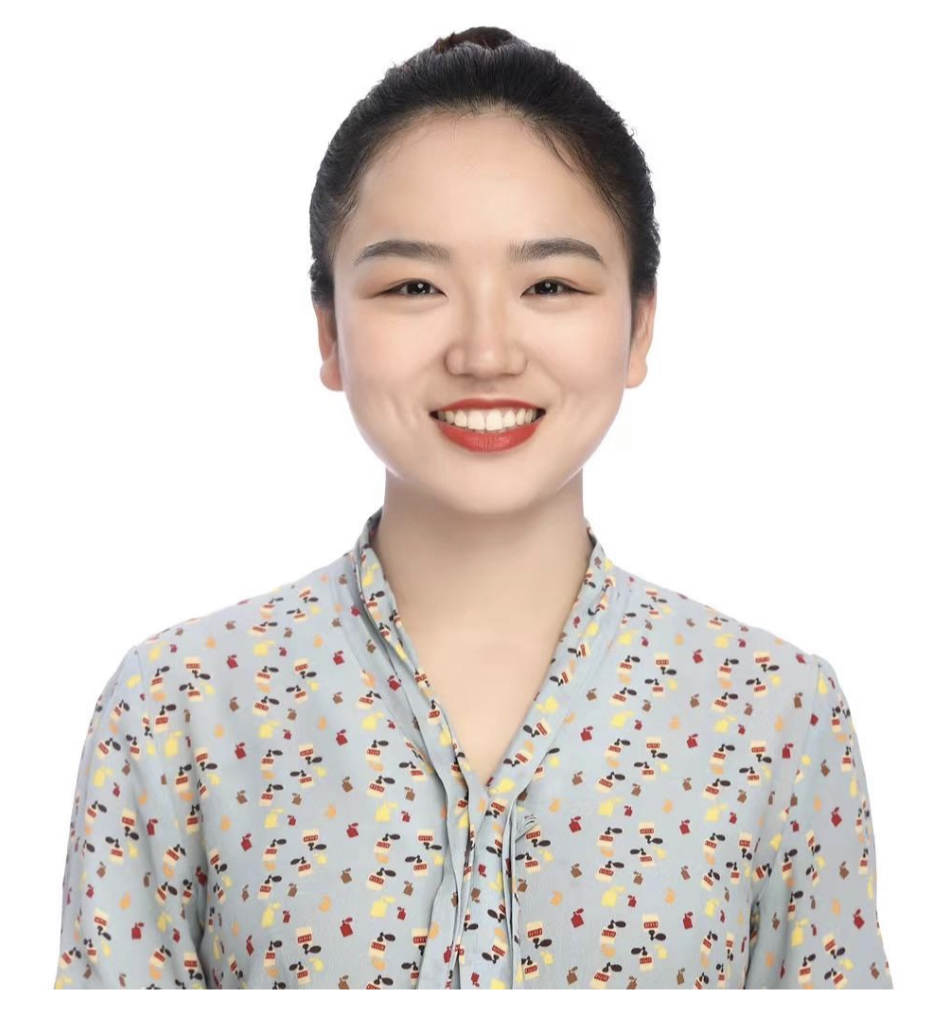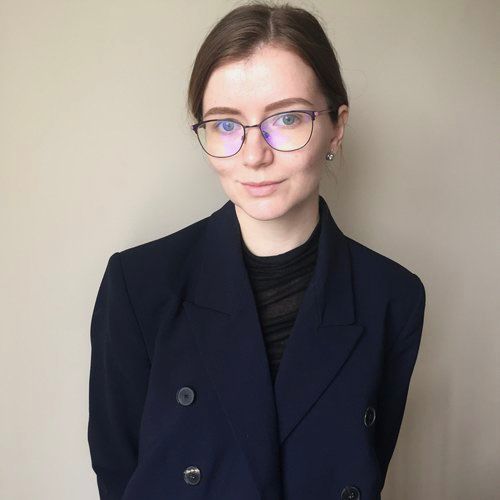Language
The Language section focuses on the Chinese language, its grammar, syntax, and vocabulary. Articles in this section can examine topics such as Chinese dialects, Chinese characters, the use of Chinese in various contexts, and issues related to Traditional Chinese texts and translations.
Art and Literature
The Art and Literature section covers Chinese art, literature, and culture. Articles in this section can analyse topics such as Chinese painting, calligraphy, literature, music, theatre, and film.
Economics
The Economics section discusses China’s economic development and economic policies. Articles in this section can examine topics such as China’s economic growth, trade relations, financial system, and industrial politics. They can cover issues related to China’s domestic economic system, as well as China’s role in the global economic system.
Foreign Policy
The Foreign Policy section focuses on China’s foreign policy and its relations with other countries. Articles in this section can cover topics such as China’s relations with neighbouring countries, its global diplomatic strategy, and its involvement in international organisations.
Politics and Ideology
The Policy and Ideology section covers topics related to Chinese domestic policy, political systems, institutions, societal issues, and political philosophy. Articles in this section can discuss China’s political history, political institutions, elite politics, grassroots politics, and Chinese traditional and modern political philosophy.
Author guidelines
| Format | Article files should be provided in Microsoft Word Format |
| Article length / word count | Articles should be between 2500 and 3000 words in length. (excl. Bibliography) Please allow 280 words for each figure or table. |
| Text formatting | Section headlines 12 pt Times New Roman (Regular) bolds letters |
| Article title | A concisely worded title should be provided. |
| Font size | Times New Roman (Regular letters) |
| Line spacing | 18 pt |
| Page Formatting | left margin 2 cm right margin 3 cm |
| Citation style | Preferable Chicago/Turabian style (more can be found at https://pitt.libguides.com/c.php?g=12108&p=64732 ) |
| Decline | We accept articles on a rolling basis |
| [email protected] Please note in your email for which section are you applying for article. The subject of your email should include the keywords “Sinology journal (section)” followed by your name. For example: Sinology journal (Economics) – John Jonas. |
Transcription and Chinese Script
- Original Chinese script (hanzi 漢字) should never be used as primary (or only) information, but always secondary to the Hanyu Pinyin transcription, except for quotations of sentence length or longer.
- Hanyu Pinyin is required for all Chinese terms and expressions that are shorter than an entire sentence.
- Hanzi are added, without brackets, right after the Pinyin transcription.
- Pinyin transcription, as a rule, is placed before the hanzi.
- In observing Pinyin orthography, write words, not individual syllables (e.g., chubanshe, not chuban she). In case of doubt about what is considered a word, check Xiandai hanyu cidian as anauthority of reference.
- Pinyin transcription is primary, optionally followed by an English translation in brackets. Optionally, the translated term or title can be used primarily, but always with the Pinyintranscription and hanzi added in brackets at the first occurrence.
- In writing Pinyin, observe rules of capitalization. Customarily, capital letters are used only forbeginnings and names (also including place names, such as Zhongguo, or the names of dynasties,eras and reign periods).
- In writing Pinyin transcription, use apostrophes only at the appropriate places (i.e., almost never).
- In papers on premodern topics, for the Chinese script, traditional style (fantizi 繁體字) is generally preferable to simplified style (jiantizi 简体字). However, for bibliographical citations and Chinese source quotations, it is advisable to use the style of the source itself.
Please note these few reminders
- Select literature which is pertinent to your topic and of high quality, not just that which is convenient because of availability, language or other reasons.
- Internet sources can be used if these provide more up-to-date information or information which is not otherwise available.
Ariane Kolden
Ariane Kolden is currently working towards her M.A. in Chinese Studies at Würzburg University, with a focus on the Transformation of Contemporary Chinese Politics and Society.
Ariane holds two B.A. degrees obtained from Leipzig University, one in Political Science awarded in 2020 and one in Chinese Studies awarded in 2022. Ariane also participated in a study year abroad at Glasgow University, for the program Politics and Philosophy.
While studying in Leipzig, Ariane also worked in numerous positions at Leipzig University: as a student assistant at the Political Science department (2019-2021), as a student assistant at the Chinese Studies department (2020-2021) and as a project assistant with Action Line 7: Engaged Citizens for the Leipzig branch of the Arqus Alliance.
Susanna Aghajanyan
Susanna Aghajanyan is currently pursuing a Master’s degree in Chinese Studies at University of Würzburg with the focus on Contemporary Chinese Society and Politics.
She holds a Bachelor’s degree in Regional Studies with focus on China from Russian-Armenian (Slavonic) University.
Susanna had her exchange year in Dalian University of Foreign Languages in China, as well as one semester in Wuhan University.
As an intern at the Ministry of Foreign Affairs in Armenia, researching Chinese policy, she prepared reports on China’a economic diplomacy and trade policy.
In addition, during her work at Yerevan State University Center of Chinese Culture and Language as a Chinese language teacher, she organised and prepared seminars on Chinese political philosophy and ethnology.
Xu Jing

Xu Jing is a Master’s Student in Chinese Studies at the University of Würzburg, focusing on Heritage and Innovation in Late Imperial China.
She holds a Bachelor’s degree in International Chinese Language Education and English with a focus on Modern and Ancient Chinese Literature, Analysis of Novels Written in Ming and Qing Dynasties from Beijing Normal University, Zhuhai.
She has experience teaching Chinese to international students and organising courses on comparing Chinese and Western Culture.
Xu Jing attended courses about Crossing Culture at Bethany Lutheran College in the USA.
Aleksandra Tuchkova

Aleksandra Tuchkova is currently pursuing a Master’s degree in Chinese Studies at University of Würzburg with a focus on Heritage and Innovation in Late Imperial China.
She is an author of Great Russian Encyclopaedia in the field of modern and contemporary Chinese art.
She is also interested in the subject of museum exposition. Her findings on historical exposition in Nanjing museums were published as an article.
Aleksandra was a research assistant in Moscow Art Deco Museum where she investigated Shanghai Art Deco history.
In addition, she completed two student projects in the State Museum of the History of Religion and volunteered as a guide on Chinese painters’ exhibitions in Saint Petersburg.
